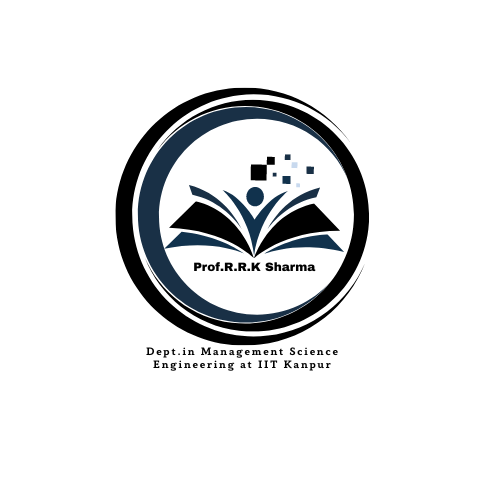
In the facility landscape of education and learning, scholastic assistance emerges as an essential component in helping trainees to attain their greatest potential. As instructional systems strive to accommodate diverse knowing needs, academic support comes to be a pivotal aspect that can considerably influence student success. This short article looks into the complex nature of academic assistance, exploring its relevance, numerous kinds, and the advantages it offers to students.
Academic assistance encompasses a large array of services and sources developed to help students in getting over obstacles they might run into throughout their instructional journey. From grade school with college, the need for efficient academic support is a consistent, evolving to attend to the particular needs of each educational stage.
Recognizing Academic Support
The idea of academic assistance prolongs past simple tutoring. It includes a thorough series of strategies and resources focused on promoting a conducive knowing environment. Academic support is integral in aiding trainees bridge gaps in understanding, establish vital abilities, and handle the academic pressures they deal with.
At its core, scholastic assistance is designed to be both preventative and responsive. Safety nets aim to furnish students with the needed skills to be successful, such as time monitoring and research techniques. On the other hand, receptive methods deal with immediate academic challenges, whether they emerge from specific topics or wider finding out disabilities.
Educational institutions and educators worldwide acknowledge the importance of tailoring scholastic support to specific requirements, which paves the way for tailored understanding settings. These efforts guarantee that no pupil is left, advertising equity within the academic system.
- Personalized tutoring sessions
- Research ability workshops
- Counseling and psychological services
- Peer mentoring programs
Each of these parts plays a vital duty in producing an encouraging scholastic ecosystem that accommodates diverse learner demands.
The Impact on Trainee Success
Academic support has a profound effect on student accomplishment, influencing both scholastic efficiency and personal development. Pupils that engage with durable support group frequently demonstrate improved qualities, heightened motivation, and raised self-confidence in their scholastic capacities.
The benefits of scholastic support extend beyond immediate academic outcomes. By conveying essential abilities such as vital reasoning, analytical, and effective interaction, scholastic assistance prepares for lifelong understanding. It empowers students to end up being self-dependent learners, efficient in navigating the challenges of college and future careers.
Additionally, academic support typically encompasses address socio-emotional variables that may hinder discovering.

By giving an encouraging environment, pupils are better furnished to take care of tension and anxiety, enhancing their overall wellness and scholastic efficiency.
Integrating Modern Technology in Academic Assistance
In the digital age, modern technology plays an ever-increasing function in academic support. Technical innovations have revolutionized exactly how support solutions are provided, making them extra easily accessible and reliable.
- On-line tutoring platforms providing flexible knowing options
- Educational applications that advertise interactive discovering
- Digital study groups and discussion forums
- Knowing management systems that improve academic sources
These tools not just improve the reach of scholastic support solutions yet additionally deal with the varied learning designs of students. Modern technology allows trainees to gain access to assistance anytime, anywhere, damaging down geographical and temporal barriers to education and learning.
Difficulties and Opportunities
While academic assistance uses many benefits, it is not without difficulties. Ensuring equitable accessibility to these solutions stays a significant hurdle, especially for students in under-resourced institutions.
Attending to these variations requires collective efforts from policymakers, instructors, and communities alike.
Nevertheless, the future of scholastic assistance is full of possibilities. Ingenious techniques continue to arise, driven by study and technological improvements. By using these growths, educational institutions can further improve their scholastic assistance offerings, ultimately bring about even more comprehensive and reliable academic outcomes.
Conclusion: Welcoming Academic Assistance
Academic support stands as a foundation of reliable education, promoting an environment where all pupils have the possibility to prosper. Its integration into the educational framework is essential for nurturing a generation of capable, resilient, and lifelong learners.
As education and learning continues to develop, the role of scholastic assistance will certainly broaden, adjusting to meet the ever-changing demands student community of trainees. By prioritizing and buying robust support group, we can empower students to accomplish excellence and meet their potential, paving the way for a brighter future.

